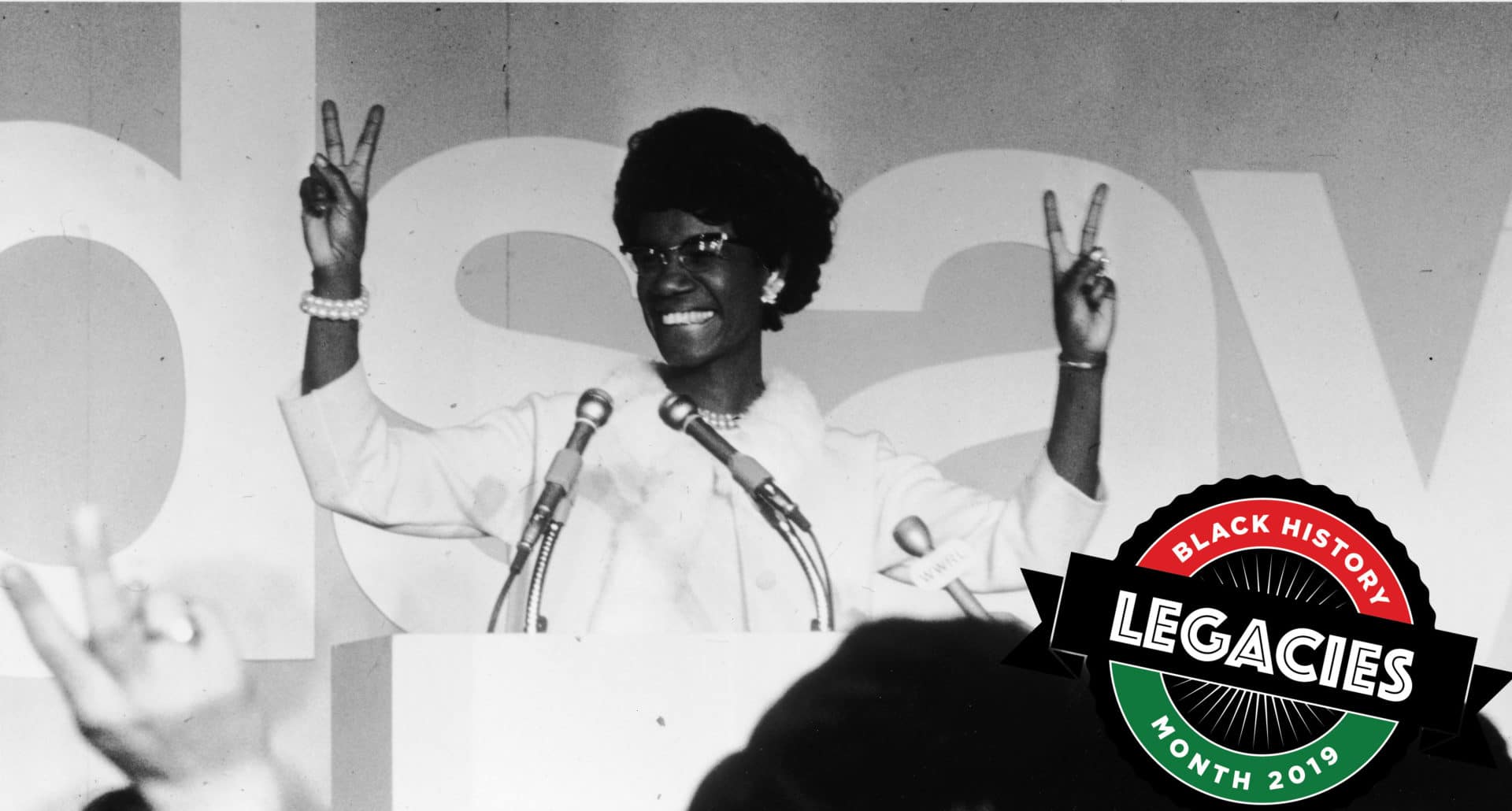The Democratic Party would cease to exist without Black women. Pioneers like Shirley Chisholm, the first Black woman elected to Congress, initiated revolutionary change within a predominantly white-controlled political system that silenced intersectional individuals who challenged power structures and dynamics of oppression. Her famous mantra, “If they don’t give you a seat at the table, bring a folding chair,” heralded the unique role that Black women politicians have played in enacting social change as members of the federal government. Chisholm had the ability to defy generations of white male privilege through the weaponization of her voice and experiences as a Black woman.
The New Yorker embodied these principles during her historic political campaigns, for the House of Representatives in 1968 and the presidency in 1972. She advocated against the Democratic Party status quo and forged a unique path for Black women interested in politics. Her platform represented the needs of the people; describing herself as the “people’s politician,” Chisholm utilized her role to engage communities ignored by those in politics. The implementation of these ideas inspired generations of young Black women to run for office in their home districts. Among those women was Rep. Barbara Lee of California, whose own political engagement began while she was working on Chisholm’s presidential campaign.
Mentored by the matriarch of Black women politicians, Lee famously voted against the Iraq War and developed a political agenda focused on the empowerment of marginalized communities, such as low-income and working families, as well as on reproductive rights for women of color who experience disenfranchisement because of their intersecting identities of race, gender and class. With her leadership background as a former chair of the Congressional Black Caucus, co-founded by Chisholm, and co-chair of the Progressive Caucus, Lee has positioned herself within the Democratic Party to provide mentorship and guidance for young women of color eager to reclaim their power, and seat at the table, from generations of white male politicians.
In 2018 Lee launched a campaign to become House Democratic Caucus chair, inspired by her belief that Black women, as the
backbone of the Democratic Party, deserved to be represented in its leadership. Although she lost the election, her decadeslong history of implementing and passing federal legislation for those most marginalized by society caught the attention of incoming Black women politicians such as Rep.
Ayanna Pressley, who acknowledged Lee as a big sister and mentor.
Pressley, the first Black woman to represent Massachusetts in Congress, began her political career working out of the former office of Chisholm, her hero. An emergent political trailblazer, she donned a Chisholm-inspired pin, “BYOC” (“Bring Your Own Chair”), when she began her historic run for Congress against Michael Capuano, a 10-year incumbent representative. In 2018 Jahana Hayes of Connecticut, Lucy McBath of Georgia and Lauren Underwood of Illinois joined Pressley in the sisterhood of Black women first to represent their state or congressional district, merely 50 years ago after Chisholm’s congressional campaign.
Weeks after her election, Pressley challenged Democratic Party donors about the commodification of Black lives and pushed for continued support of young Black people in her district. She is unafraid to highlight the historical wrongs of the Democratic Party’s discriminatory policies that contributed to her constituents’ unequal access to resources. Like her political mentors, Pressley is bold in her efforts to obtain justice and equal protection for people disenfranchised by oppressive systems.
On Martin Luther King Jr. Day, Sen. Kamala Harris continued the political lineage of Black women when she announced her candidacy for the Democratic presidential nomination. Her campaign logo, “Kamala Harris for the People,” is an homage to Chisholm’s legacy of activism and advocacy in Congress. Last year the California senator published an essay in ESSENCE that also paid tribute to the late congresswoman: “Because when any of us breaks a barrier, it allows people who otherwise could not imagine someone who looks like them in that role to see themselves.” If nominated, Harris would be the first Black woman to become a major political party’s candidate.
Black women voters are the most powerful voting bloc, and continually support Democratic candidates at the local, state and federal levels. In 2016, 94 percent of Black women voted for Hillary Clinton, the Democratic presidential nominee. Black women politicians are challenging the Democratic Party’s platform in order to develop an inclusionary agenda that ensures everyone has a seat at the table. History has shown that Black women continually show up for others, but when will the Democratic Party support our candidates and give us an opportunity to lead? We’ve been relegated to supporting roles for far too long.

